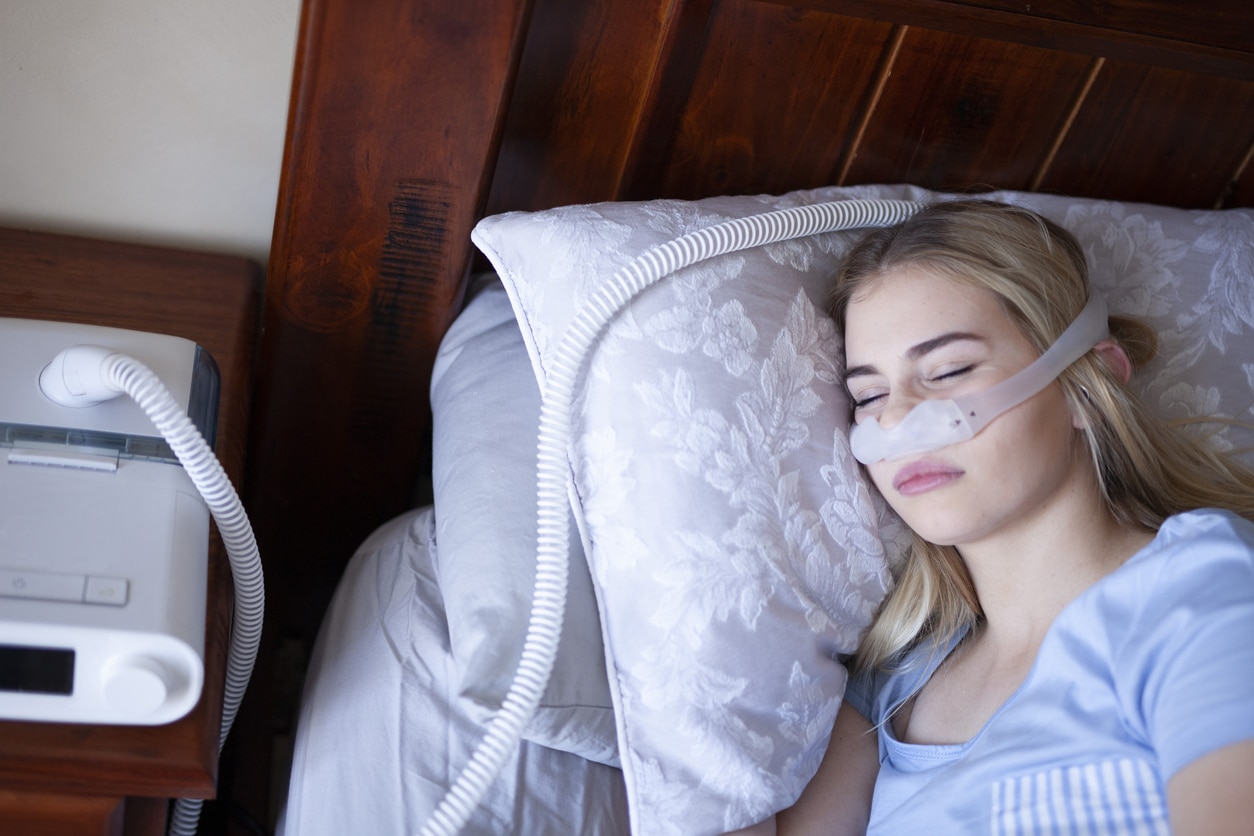The recall includes Phillips devices that were manufactured between 2009 and April 26, 2021:
Continuous Ventilator, Non-life Supporting
- DreamStation ASV
- DreamStation ST, AVAPS
- SystemOne ASV4
- C-Series ASV
- C-Series S/T and AVAPS
- OmniLab Advanced+
Noncontinuous Ventilator
- SystemOne (Q-Series)
- DreamStation
- DreamStation Go
- Dorma 400
- Dorma 500
- REMstar SE Auto
Continuous Ventilator
- Trilogy 100
- Trilogy 200
- Garbin Plus, Aeris, LifeVent
Continuous Ventilator, Minimum Ventilatory Support, Facility Use
- A-Series BiPAP Hybrid A30 (not marketed in US)
- A-Series BiPAP V30 Auto
Continuous Ventilator, Non-life Supporting
- A-Series BiPAP A40
- A-Series BiPAP A30


